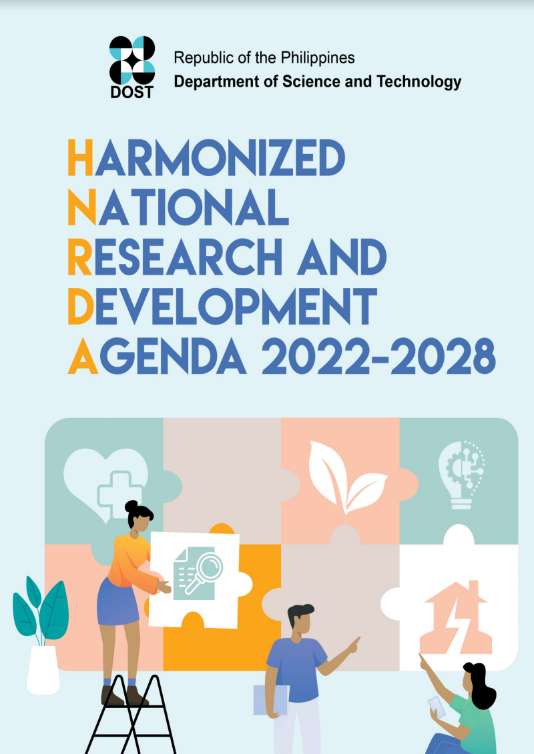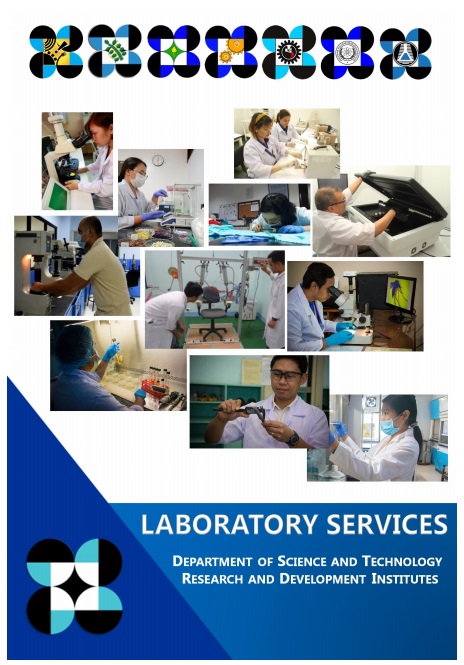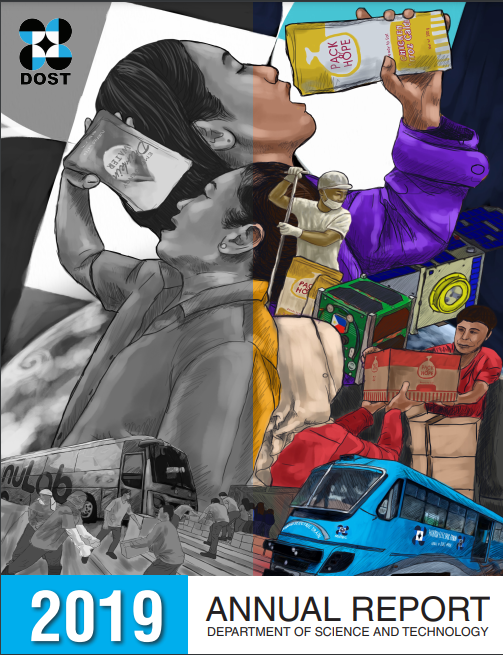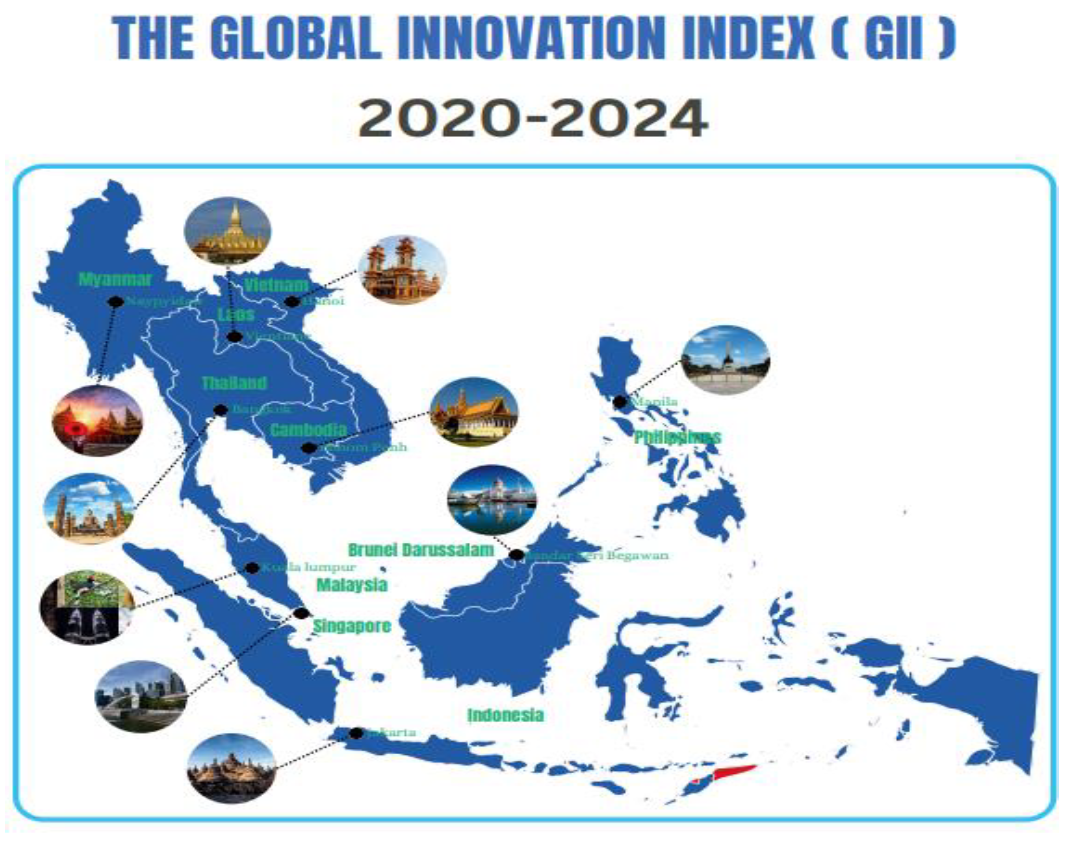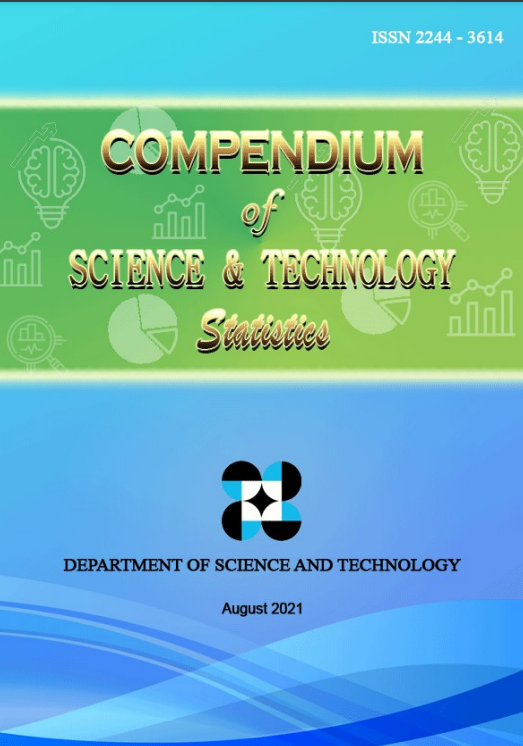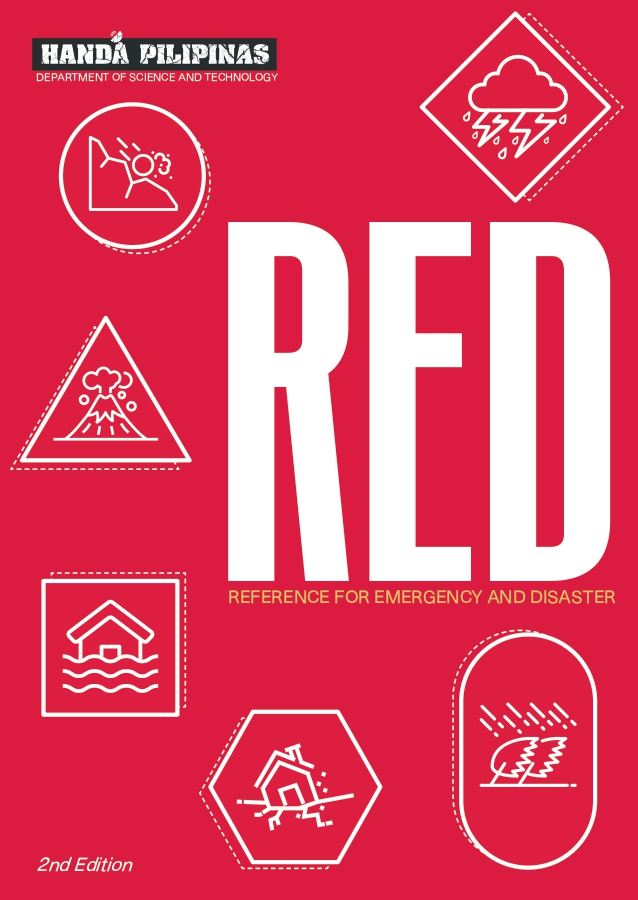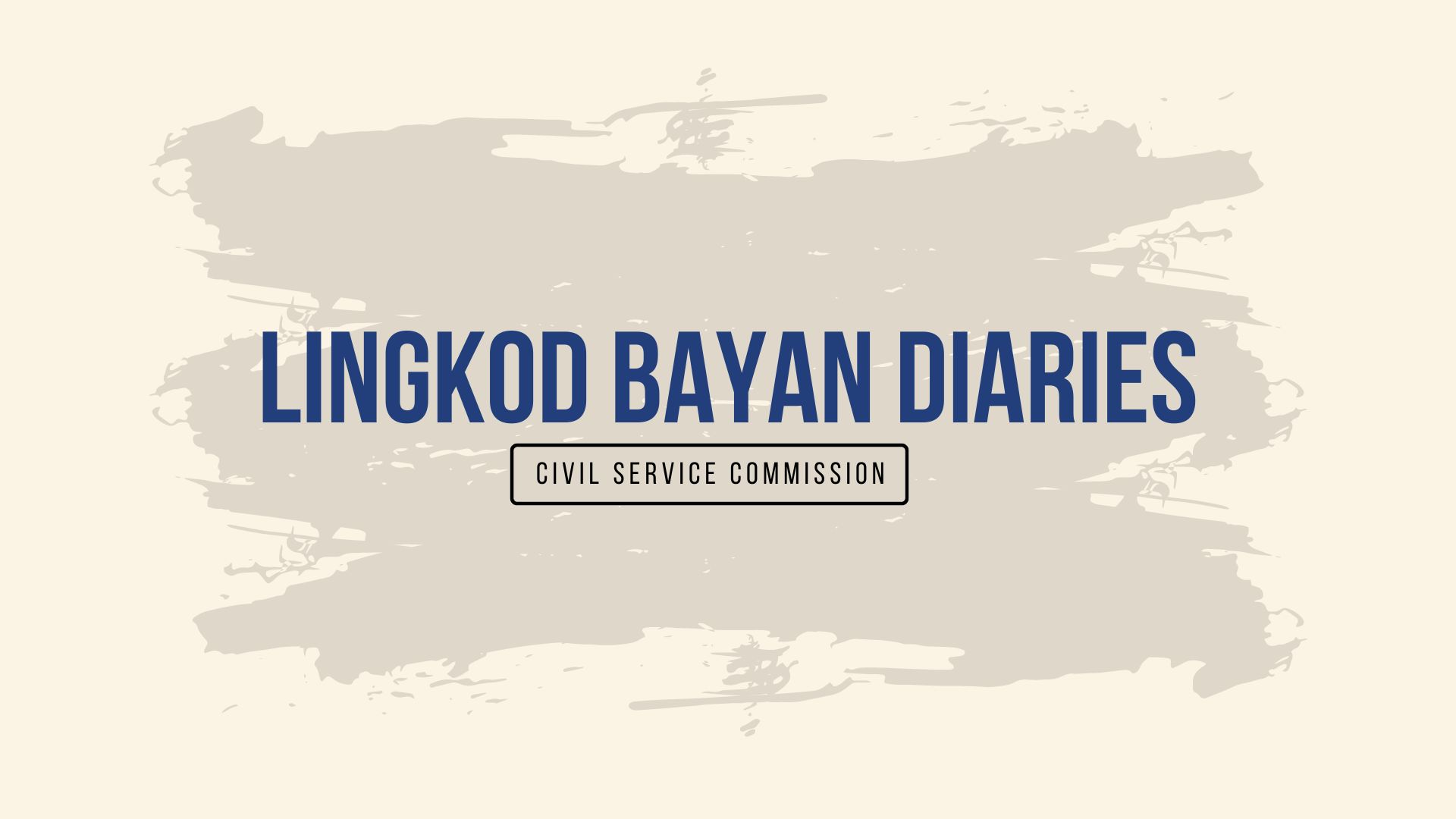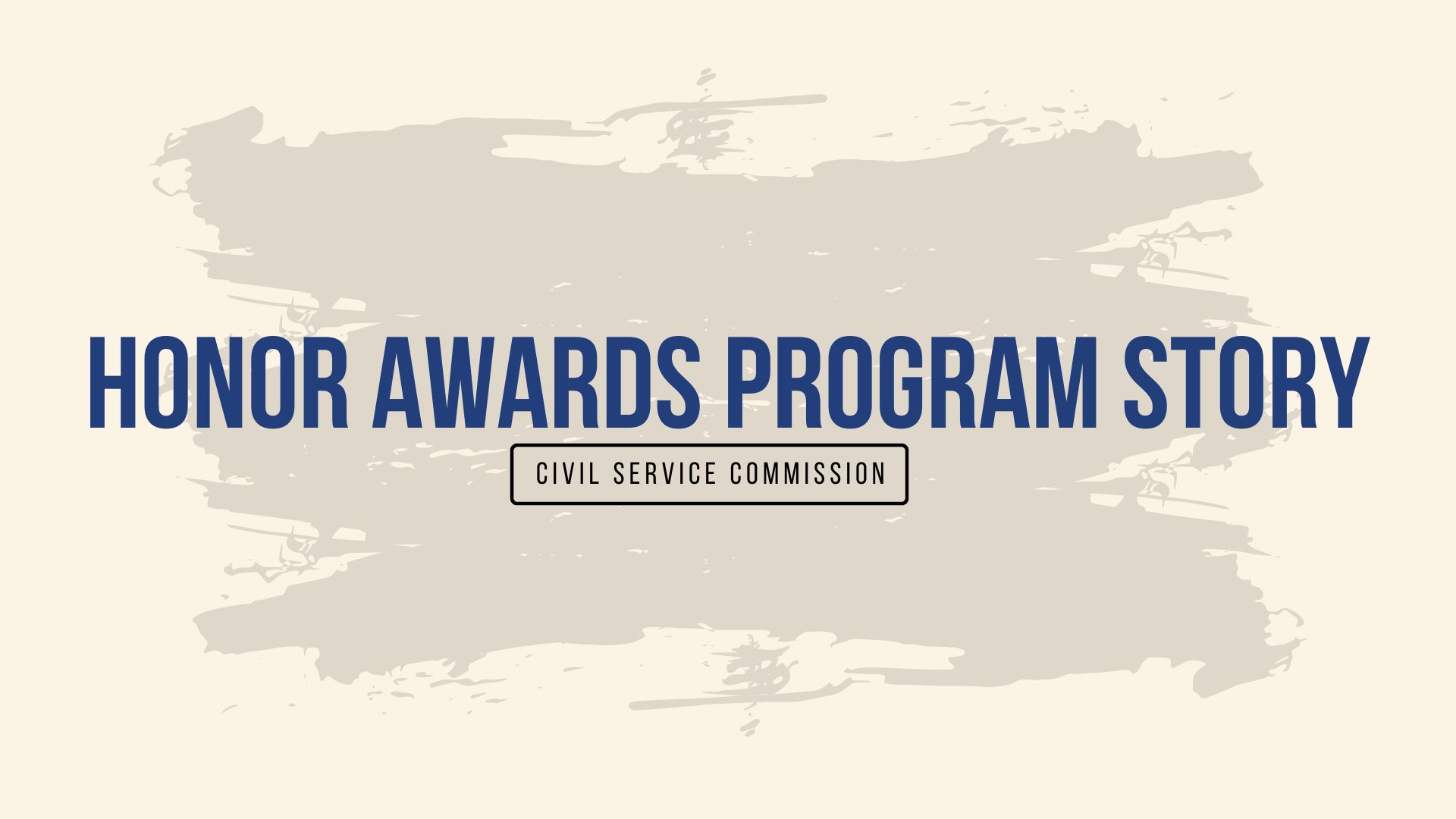Dumaguete studes ace DOST’s nuke quiz
- Details
- Hits: 2662
 Winners of the Philippine Nuclear Science Quiz Bee –National Level Competition 2012 with their coaches at the closing ceremony of the 40th Atomic Energy Week on December 14, 2012 at the DOST-Philippine Nuclear Research Institute with sponsor former Congressman Hon. Mark A. Cojuanco (middle). The winning teams were from the Ramon Teves Pastor Memorial Dumaguete Science High School (champion); Philippine Science High School - Western Visayas Campus (second place); and the Philippine Science High School - Southern Mindanao Campus (third place). (S&T Media Service)
Winners of the Philippine Nuclear Science Quiz Bee –National Level Competition 2012 with their coaches at the closing ceremony of the 40th Atomic Energy Week on December 14, 2012 at the DOST-Philippine Nuclear Research Institute with sponsor former Congressman Hon. Mark A. Cojuanco (middle). The winning teams were from the Ramon Teves Pastor Memorial Dumaguete Science High School (champion); Philippine Science High School - Western Visayas Campus (second place); and the Philippine Science High School - Southern Mindanao Campus (third place). (S&T Media Service)
Students from Ramon Teves Pastor Memorial Science High School emerged as champions in the Department of Science and Technology ‘s first ever Philippine Nuclear Science Quiz Bee – national level competition held recently at the Nido Fortified Science Discovery Center, SM Mall of Asia, Pasay City.
The whiz team from Region VII, composed of Alec Benjamin G. Ramirez and Hannah Jael M. Cadusale with their Coach Lourdes D. Lee, bested 21 other qualifiers out of 192 schools that participated from the elimination round conducted per region.
They received P20,000 cash, a Medal of Recognition for each team member, a trophy for the school and a Plaque of Recognition for the coach.
Placing second was the Philippine Science High School -Western Visayas team who received P15,000, followed by third placer Philippine Science High School –Southern Mindanao team who received P10,000.
“The nuclear quiz show intends to make nuclear science more interesting to the Filipino youth and highlight its benefits to the society,” said Dr. Alumanda dela Rosa, director of DOST’s Philippine Nuclear Research Institute, the organizer of said nuke quiz.
The nuclear quiz bee, held in collaboration with the Department of Education to celebrate the 40th Atomic Energy Week, has the theme “Nuclear Science, Technology and Innovation: Engine for Growth and Development.” The event featured exhibits, technical sessions, guided tours of facilities and laboratories, and video showing at the DOST-PNRI in Diliman, Quezon City.
Started in 1973, the annual celebration is mandated under Presidential Proclamation No. 1211 to generate awareness of the Filipino people on the beneficial uses of nuclear science and technology in food and agriculture, health and medicine, industry, energy, and the environment.
DOST ‘s newly conferred scientists
- Details
- Hits: 2591

DOST ‘s newly conferred scientists. Dr. Aida Baja Lapis of the natural resources department (left) and Dr. Rodel Suralta of PhilRice (right) took oath as Scientist 1 at the central office of the Civil Service Commission on December 19, 2012. The oath taking was led by the Philippine Scientific Career Council Chairman and Civil Service Commissioner Francisco T. Duque (middle). The 2006 Merit System for the Scientific Career System constitution and by-laws (CBL) specifies the scientist rank requirements, which include scientific discoveries and inventions or technology, machine, or utility model patents, comprehensive documentation of research accomplishments for the last 10 years.The merit system aims to give credit to researchers devoted to research and development, invention and innovation, science and technology education, training, and services.
Sweet sorghum eyed as alternative source of income for farmers
- Details
- Hits: 5736
Sweet sorghum may be the next crop that will bring income to farmers affected by the Sin Tax Law. This was one of the major points raised during a recent focus group discussion mounted by the National Academy of Science and Technology (NAST), an advisory body of the Department of Science and Technology.
Titled “Are We Ready for Sweet Sorghum Bioethanol?” experts and other stakeholders discussed the strong potentials of sweet sorghum as a raw material for bioethanol.
“Tobacco farmers will lose their jobs if taxes will increase, and demand for tobacco products will slow down,” explained guest speaker Dr. Heraldo L. Layaoen, vice-president for planning, development and external linkages at the Mariano Marcos State University Batac (MMSU) in Ilocos Norte. “We have a ready substitute for this—sweet sorghum.”
“It generates employment and may replace the tobacco industry without hurting the farmers,” he elaborated.
He explained how the crop’s profitability can turn the tide in favor of farmers of tobacco who use too much pesticides in order to protect the leaves. He emphasized that sweet sorghum is a multi-purpose crop. It can be used not only as food, but as feed and fuel as well.
“In the tobacco industry, one major issue is fuel,” he revealed. The cheapest source of energy in flue-curing, according to Dr. Layaoen, is fuel wood. This largely explains why mountains in Ilocos are denuded. The trees are being cut to gather the wood for flue-curing. “Even the kaimito trees and other fruit trees were not spared,” said Dr. Layaoen. “I’m a witness to this predicament in our environment.”
Tobacco is one of the leading cash crops in the Ilocos region.
Dr. Layaoen also explained that sorghum has an extensive root system, making the crop drought tolerant. Producing a grain of sweet sorghum also does not require a lot of water, unlike other grains. Furthermore, the equipment for sweet sorghum production is the same equipment used in sugarcane juice processing.
However, Academician Alvin B. Culaba, NAST’s focal person on energy, revealed that market acceptance of the crop continues to be a subject of research. Acd. Culaba, a member of the NAST Engineering Sciences and Technology Division, is involved in research activities on alternative and renewable energy sources including biodiesel and bioethanol, advanced energy conservation technologies, and the monitoring of energy programs in the Philippines, among others.
Another institution undertaking research initiatives is MMSU, the nerve center of sweet sorghum studies and development in the country. Dr. Layaoen is at the forefront of MMSU’s sorghum experiments and nationwide testing of different varieties. Ethanol production is one of the university’s areas of research.
In his overview of the sweet sorghum industry in the Philippines, Dr. Layaoen shared that Ilocos Norte is the ideal place for planting sweet sorghum because of its long dry season. However, it was suggested that small farmers adopt a cropping system which rotates sweet sorghum with pigeon peas at a ratio of 3:1. Pigeon pea restores soil quality and provides fuel for the production of jaggery or concentrated juice.
Dr. Layaoen added that a farmer’s cooperative has been set up in Ilocos to provide the seeds, as well as a village-level bioethanol distillery using sweet sorghum as feedstock. Its end product—hydrous ethanol—is used to make moisturizers and hand sanitizers, which are now commercially available.
Aside from moisturizers and sanitizers, sweet sorghum may also be used to make syrups and fresh juices, among others.
DOST, IPO push for intellectual property protection
- Details
- Hits: 3147
“Protect your intellectual property right from the start,” advised Carmen Peralta, director of Intellectual Property Office Philippines (IPO-Phil), to a group of young technopreneurs during the Investors and Start-ups Forum held at the UP-Ayala Technohub in Quezon City last January 11.
Organized by the Department of Science and Technology-Technology Resource Center (DOST-TRC), the forum was part of DOST’s bid to promote IP awareness to strengthen its technology business incubation program. Under this initiative, private or public entities called business incubators or accelerators provide assistance to start-up companies via affordable services and facilities, administrative and technical support, mentorship, and linkages to clients and investors.
According to Dir. Peralta, a strong intellectual property (IP) portfolio could boost the value of a start-up company. She cited The Economist claims in 2005 that 75 percent of the value of publicly-traded companies in the US was based on IP.
IP refers to any creation or product of the human mind including inventions, original designs, practical applications of a good idea, mark of ownership, literary and artistic works. Protecting IP rights through patents, utility models, industrial design, and copyrights will ensure that that any commercial gain from the use, production and sale of a product or creation will go to the inventor or creator, and not someone else.
Further, the IPO-Phil director emphasized that the “first to file” rule applies in the country, so it is important for start-up companies, especially when technology is at the core of their business, to study their IP protection strategy as early as possible and get advice from professionals.
A person of a company with a novel, inventive and useful product, process or improvement of a product is advised to file a patent to obtain a 20-year exclusive right over the product. This means that no one else is authorized to develop and sell his or her product other than those formally authorized. The person or company that owns the patent receives royalty whenever other people or entities use the product for commercial purpose.
IPO Phil has waived its fees for the first 1,000 patent applications under the Patent Protection Incentive Package. However, Peralta clarified that this applies only to those inventors and researchers who are collaborating with institutions which are Innovation and Technology Support Office (ITSO) franchisees.
A utility model, or an innovation that is not sufficiently inventive, is given seven years patent protection.
Meanwhile, an industrial design, referring to the aesthetic aspect of a product, can have a five-year patent protection that can be renewed twice.
While patents, utility models, and industrial designs require registration, a copyright does not as it can be filed immediately from the time of publication or recording and other such moments of expression. Copyrights last 50 years after the death of the owner.
The forum also featured a panel discussion on start-up founders under the DOST-TRC Open Technology Business Incubator (Open TBI) and UP Enterprise, two of several incubators set up in the country via DOST’s business incubation program. The start-up founders pitched their companies and products as well as shared the challenges and demands of starting up a business.
Moreover, the speakers also revealed that there are financing companies that can help private incubators, accelerators and angel investors beef up their businesses.











